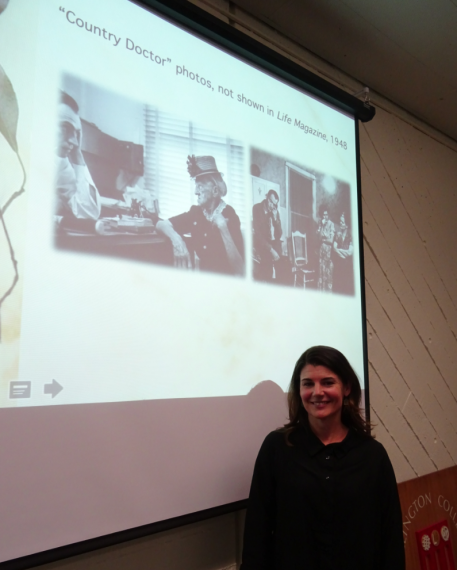
Why Canada Made Marijuana Illegal: Catherine Carstairs on CBC
Canada made marijuana illegal 94 years ago and no one's sure why
Ninety-four years ago Canada became one of the first countries to ban a substance virtually no one was using. A University of Guelph professor who penned a book on the history of illegal drugs in Canada says after nearly a century of marijuana prohibition, no one is really sure why it was made illegal in the first place.
"We don't actually know," Dr. Catherine Carstairs told The Morning Edition host Craig Norris Tuesday.

 The Canadian Culinary History Exhibit opens April 7 in McLaughlin Library on the University of Guelph main campus. All are welcome to attend the opening!
The Canadian Culinary History Exhibit opens April 7 in McLaughlin Library on the University of Guelph main campus. All are welcome to attend the opening!

 This week our acting Department Chair and historian of Canada, Dr. Alan Gordon, is interviewed in The Ontarion.
This week our acting Department Chair and historian of Canada, Dr. Alan Gordon, is interviewed in The Ontarion.
 As a hockey fan and author, University of Guelph PhD and history instructor Jason Wilson landed his “dream job” when he helped author a book about one of the most storied franchises in sport.
As a hockey fan and author, University of Guelph PhD and history instructor Jason Wilson landed his “dream job” when he helped author a book about one of the most storied franchises in sport.